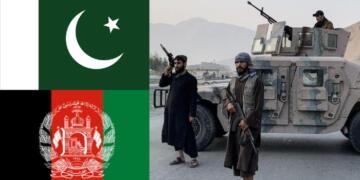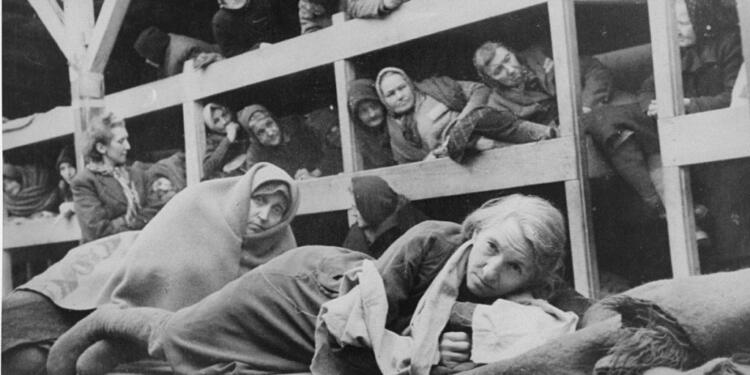Throughout the annals of history, the Jewish community has endured relentless persecution, leading to the formation of diaspora communities and successive waves of refugee migrations. Dating back to antiquity, instances of persecution and forced displacement have plagued Jewish populations. As early as 605 BCE, within the Neo-Babylonian Empire, Jews faced persecution and deportation, marking the beginning of a long and tumultuous history. Antisemitism, deeply entrenched in the policies of various empires such as the Roman Empire, and propagated by different religious factions has left an enduring scar across diverse regions globally.
Scapegoating Jews:
The Jewish people have frequently found themselves unjustly blamed for various tragedies and calamities throughout history. From the devastating Black Death Persecutions to the horrors of the Holocaust, Jews have been targeted as scapegoats for societal ills. Tragic events such as the 1066 Granada massacre, the Massacre of 1391 in Spain, and numerous Pogroms in the Russian Empire stand as grim reminders of this historical scapegoating, culminating in the systematic murder of six million Jews during the Holocaust.
Terminology and Historical Antisemitism:
In scholarly discourse, terminology such as anti-Judaism or religious antisemitism is employed to describe pre-19th-century religious biases against Judaism. These terms encompass events involving the expulsion and exodus of Jews from various regions, shedding light on the complex and multifaceted nature of historical antisemitism.
Chronicle of Antisemitism:
A meticulous chronicle detailing antisemitic events throughout history provides invaluable insights into the hostile actions or discriminations against Jews based on their religious and ethnic identities. This comprehensive timeline not only documents instances of persecution but also highlights efforts aimed at countering antisemitism and its enduring impact on subsequent generations.
Palestinian Perspective and Extremism:
Within the fraught context of the Israeli-Palestinian conflict, extremist factions such as Hamas advocate for the establishment of an Islamic state in Israel. This extremism disregards the religious diversity within Israel and seeks to eradicate the nation, replacing it with an Islamic state governed by their interpretation of Islamic law. Such extremist ideologies propagate hatred and violence, further exacerbating tensions in the region and hindering prospects for peace.
Rejection of Extremism:
It underscores a steadfast commitment to values of tolerance, democracy, and religious freedom. Supporting Israel entails advocating for peace and coexistence among diverse communities, rejecting terrorism, and fostering understanding among all people, irrespective of their religious beliefs.
Challenging Extremism:
While certain individuals and groups may offer support to extremist factions like Hamas for various reasons, it is imperative to recognize that such support contradicts the principles of peace and compassion advocated by any religion. Distinguishing between supporting the Palestinian cause and endorsing extremist groups is crucial for fostering genuine peace and combating violence.
Advocating for Minority Rights:
Advocacy for minority rights necessitates unwavering support for oppressed communities, including the Jewish minority, and the condemnation of double standards prevalent in advocacy efforts. Consistent support for all oppressed groups, including Jews, reaffirms principles of equality, justice, and human rights on a global scale.
The Human Cost of Conflict:
The Israel-Palestine conflict has exacted a devastating toll on both sides, resulting in profound humanitarian crises. Innocent civilians, including women and children, bear the brunt of violence and destruction. Recognizing the inherent value of human life underscores the urgent need for dialogue, diplomacy, and compromise to achieve a sustainable resolution.
Global Responsibility:
The international community plays a pivotal role in facilitating peace talks and providing humanitarian aid to alleviate the suffering of civilians affected by the conflict. Solidarity and support from the global community can significantly contribute to fostering peace and stability in the region.
The Humanitarian Imperative:
Addressing the Israel-Palestine conflict demands immediate attention and concerted efforts to end the cycle of violence. Both Israelis and Palestinians deserve to live in peace and security, underscoring the importance of upholding universal principles of humanity, compassion, and justice.
ALSO READ: “Genocide of Hindus” was Bigger in Number than the “Holocaust of Jews”
SOURCE: https://en.wikipedia.org/wiki/Timeline_of_antisemitism

























